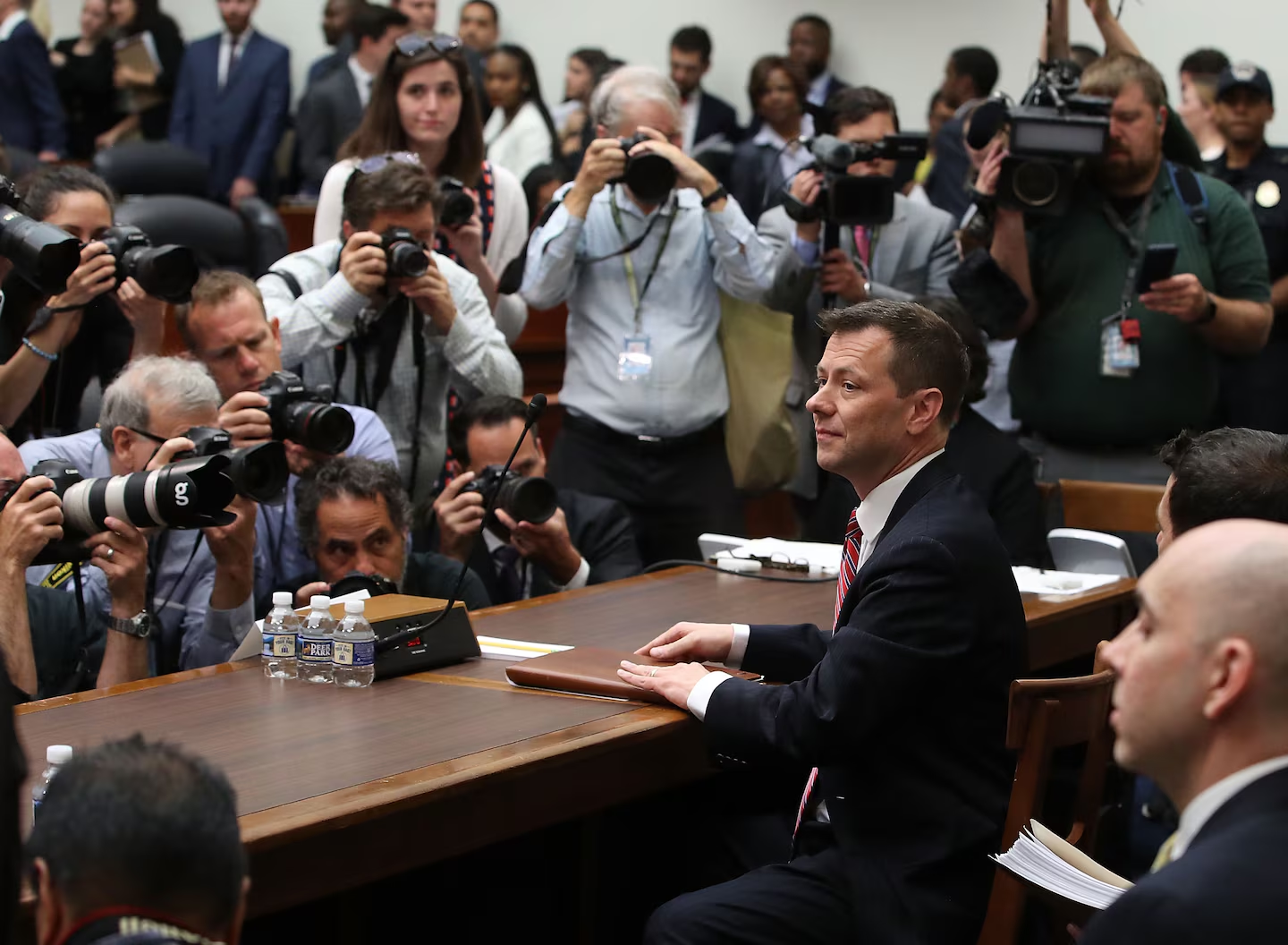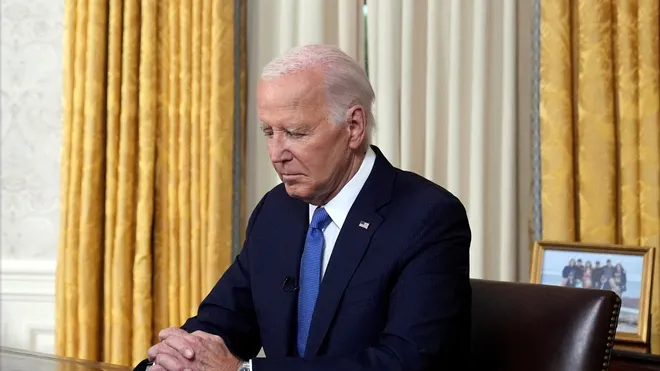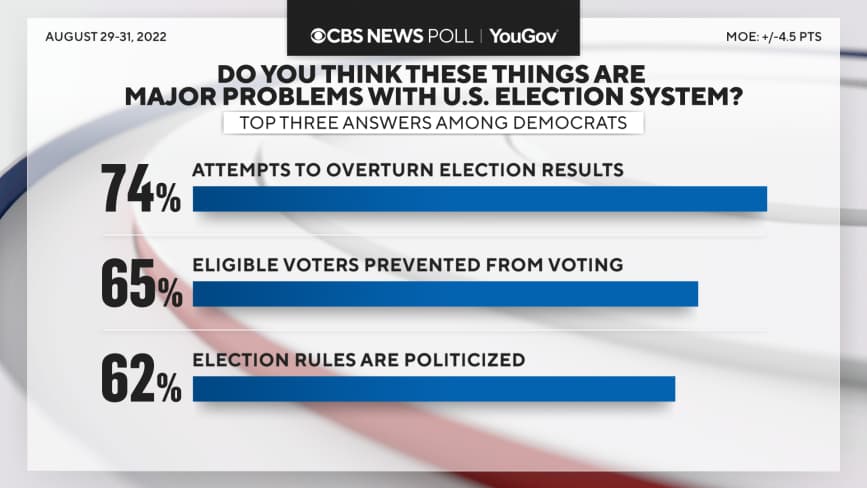Poll Reveals Deep National Despair
If a nation’s strength lies in the confidence of its people, then America might be staring down the barrel of something far more dangerous than external threats: internal collapse. A new YouGov poll has dropped a political bombshell—nearly half of American adults now believe the United States will lose its status as a global superpower within the next ten years. This isn"t just a casual observation; it’s a desperate cry for help from a populace that feels abandoned by its leaders.
Public Anxiety Reaches Alarming Levels
Out of 1,111 adults surveyed in June, 21% said it’s very likely the U.S. will see a sharp decline on the world stage in the next decade, while another 24% said it’s somewhat likely. Almost half the country is looking ahead and seeing a sunset, not a shining city on a hill. This sentiment is reinforced by the staggering statistic that 45% believe an economic collapse is imminent. The fear doesn"t stop there; 40% think we could see a civil war, and 38% believe that democracy may not survive the decade. This level of anxiety reveals a profound disillusionment with the political system, a system that is increasingly perceived as broken.

Plenty of congressional hearings are not circuses. He…
Constitutional Crisis and Political Polarization
The poll indicates that 56% of respondents believe the country is in a constitutional crisis. Among Democrats, that number soars to a staggering 82%. Even a quarter of Republicans agree. This widespread feeling of crisis is a direct response to years of escalating political polarization, conflict over who belongs in the political community, and rising economic inequality. The evidence is overwhelming. As reported by historical research, these factors can weaken democracy and lead to backsliding. The internal conflicts are so severe that they threaten the very fabric of our governance.
Fear and Misinformation Are Disrupting Trust
Fear is everywhere, but it takes different forms. Nearly half of Democrats (47%) say they’re “very scared” about where the world is headed, while only 10% of Republicans feel the same. Independents split the difference at 30%. This divergence in emotional response reflects a broader disconnect within the electorate and speaks volumes about the impact of misinformation. According to Brookings Institution, misinformation and political violence are rampant, with 67% of Americans sensing an increase in these issues over the past decade. This is not merely a symptom of a divided country; it is a crisis that undermines public trust in both democratic institutions and each other.

From Oval Office, Biden"s first speech on leaving ...
Democracy on the Brink
As Americans grapple with these fears, the implications for our democracy are dire. A staggering 31% believe the U.S. could morph into a fascist dictatorship, while 20% foresee a communist regime. The perception that democracy is under threat is not just a political talking point; it"s a stark reality that many citizens are living with daily. Economic instability, fueled by the widening gap between the rich and the poor, only exacerbates these fears. The sentiment is echoed in the analysis of political experts who warn that the vulnerabilities of established liberal democracies are growing, as reported by the Director of National Intelligence.
Even with this alarming backdrop, there remains a critical lack of leadership ready to address these fears. There’s no unified figure or plan to stitch this unraveling republic back together. The empire is starting to doubt itself, and the absence of a cohesive response only compounds the crisis.



![[Video] Gunfire between Iraqi security forces and Sadr militias in Baghdad](/_next/image?url=%2Fapi%2Fimage%2Fthumbnails%2Fthumbnail-1768343508874-4redb-thumbnail.jpg&w=3840&q=75)
